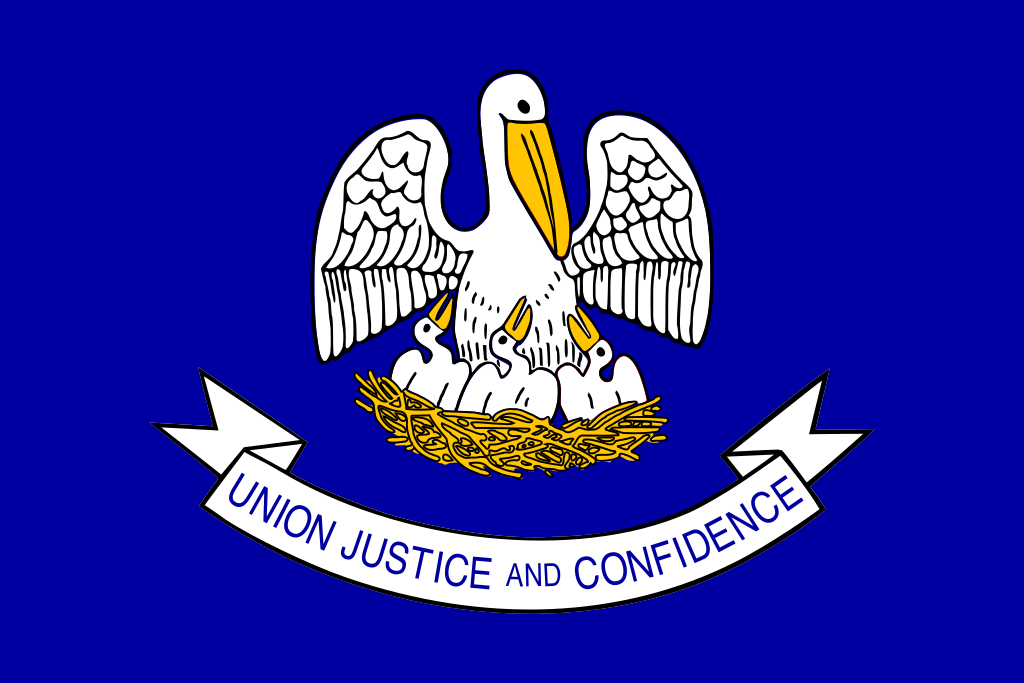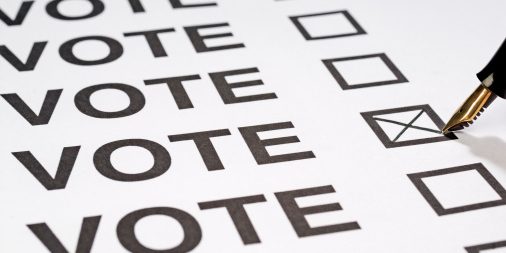Tag: louisiana
-
Louisiana Governor signs unemployment insurance indexing bill

Louisiana Governor Jeff Landry (R) signed House Bill 119 on Jun. 17, which will index the length of unemployment insurance benefits to the state’s unemployment rate. The new law reduces the maximum number of benefit weeks to 12 when the unemployment rate is at or below 5%. The bill also proposes capping the maximum benefit…
-
Update on 2024 state ballot measure certifications: Eight new measures in the past two weeks

For 2024, 118 statewide ballot measures have been certified for the ballot in 35 states, six more measures than the average (112) for this point in the election cycle from 2012 to 2022. The average number of statewide ballot measures certified for an even-numbered year during this period was 157. Here’s an update on the…
-
Louisiana voters will decide on one constitutional amendment in November and four in December

The Louisiana State Legislature adjourned its 2024 legislative session on June 3. During the session, the state legislature referred one constitutional amendment to the Nov. 5 ballot and four amendments to the Dec. 7 ballot. A total of 42 proposed changes were considered by lawmakers this session. November 5: In November, voters will decide on…
-
Louisiana is fifth state to ban RCV in 2024, tenth overall

On May 28, Louisiana Governor Jeff Landy (R) signed SB 101 into law banning ranked-choice voting (RCV) in the state. Louisiana is the fifth state to ban RCV in 2024 and 10th to do so overall. All 10 states to ban RCV have done so with a Republican controlled legislature. The new law states: “A…
-
Update on 2024 ballot measure certifications: New measures in five states

For 2024, 110 statewide ballot measures have been certified for the ballot in 35 states, five more measures than the average (105) for this point in the election cycle from 2012 to 2022. The average number of statewide ballot measures certified for an even-numbered year during this period was 157. Here’s an update on the…
-
Louisiana state legislature refers two constitutional amendments to Dec. 7 ballot related to state legislative processes

The Louisiana State Legislature referred two constitutional amendments to the ballot that voters will decide on Dec. 7. Rep. Tony Bacala (R-59) sponsored both amendments, House Bill 48 and House Bill 49, in the State House. House Bill 48, passed unanimously by the legislature, would add a 48-hour waiting period before a concurrence vote on…
-
Louisiana House committee advances unemployment insurance indexing bill (2024)

The Louisiana House Committee on Labor and Industrial Relations advanced a bill on Apr. 18 that would index the length of unemployment insurance benefits to the state’s unemployment rate. House Bill 119 would reduce the maximum number of benefit weeks to 12 when the unemployment rate is at or below 5%. The bill also proposes…
-
Nine candidates file to appear on Louisiana’s Republican presidential primary ballot

The filing deadline for the Louisiana Republican presidential primary passed on Dec. 15, 2023. Nine candidates filed to appear on the March 23, 2024, ballot. In order to file, candidates had to either pay a $750 filing fee or submit a petition containing 6,000 signatures. The following candidates filed: Binkley, North Dakota Governor Doug Burgum,…
-
Eight candidates file to appear on Louisiana’s Democratic presidential primary ballot

The filing deadline for the Louisiana Democratic presidential primary passed on Dec. 15, 2023. Eight candidates filed to appear on the March 23, 2024, ballot. In order to file, candidates had to either pay a $750 filing fee or submit a petition containing 6,000 signatures. The following candidates filed: Biden, Gabriel Cornejo, Lozada, Lyons, Perez-Serrato,…
-
Landry (R) defeats Collins-Greenup (D) in Nov. 18 general election for Louisiana Secretary of State

Nancy Landry (R) defeated Gwen Collins-Greenup (D) in the Nov. 18 general election for Louisiana Secretary of State. As of Nov. 18, Landry received 67% of the vote to Collins-Greenup’s 33%. Incumbent Kyle Ardoin (R) did not for re-election. Louisiana’s secretary of state is the state’s chief election officer. According to Louisiana Illuminator‘s Greg LaRose, the…

